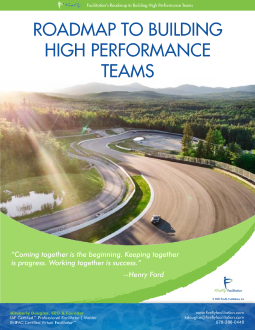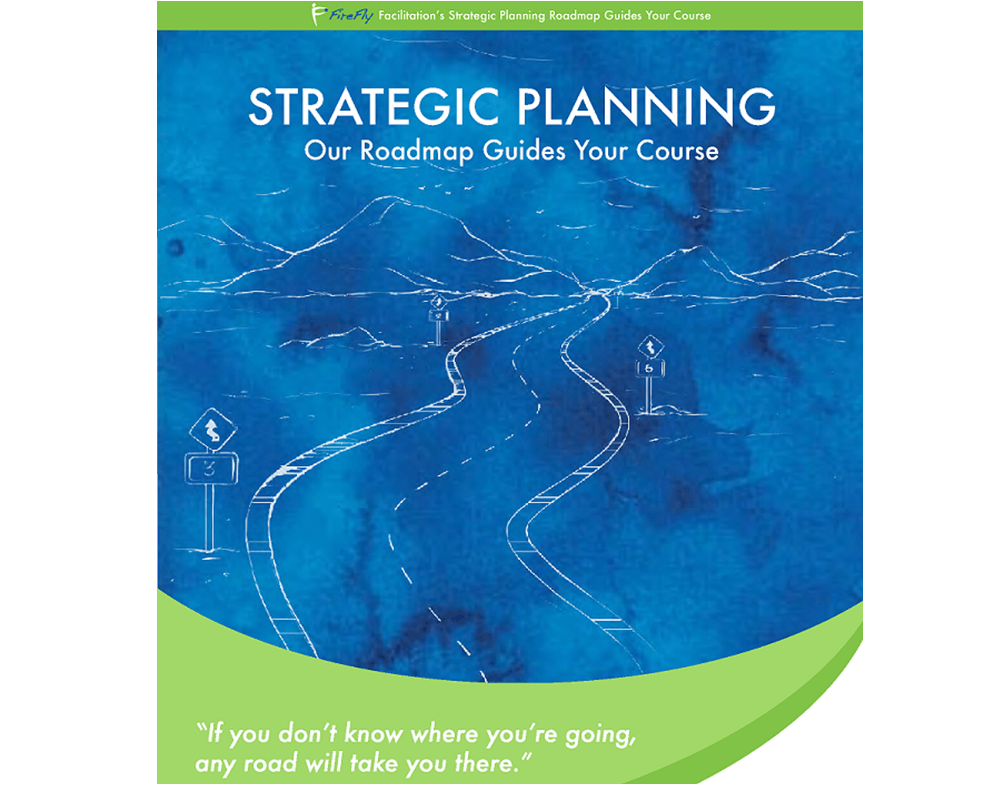
Are Your Employees Ready for Hybrid Work?
Are you ready for the hybrid workplace? Are your employees? Read on for how this may impact your team.
In my last newsletter about team effectiveness in the Hybrid Workplace, I provided information that organizations may need to consider when preparing for the hybrid workplace. While researching for that newsletter, I also gathered information from the employee perspective of hybrid work. In this blog, I wanted to follow up on that newsletter by providing the views, concerns, and overall preparedness employees feel in today's post-pandemic environment.
You may also recall my Turnover Tsunami newsletter, where I shared the report that a large number of employees may be looking for new positions once companies reopen again. So, let's take a look at what may happen in the upcoming months from an employee standpoint.
In two recent surveys of employees, almost 30% of those surveyed reported that they would consider switching employers if their organization returned to entirely on-site work. The second survey said that 41% of employees were considering leaving their current employer this year, with 46% of them likely to relocate because they can now work remotely.
Companies would do well to use sound change management principles as they approach this evolving hybrid work environment. By embracing the flexibility employees want to retain and learning from the past year's challenges, organizations will positively – or negatively – impact who stays, who goes, and who ultimately seeks to join your company.
How have employees been handling working remotely for the past 18 months?
Multiple surveys indicate productivity had increased with employees working from home. And while employee productivity may have remained the same or risen over the past year, at what cost? According to the 2021 Work Trend Index Survey conducted for Microsoft by an independent research firm, nearly one in five global survey respondents said their employer doesn't care about their work-life balance, 54% felt overworked, and 39% felt exhausted. Many employees reported feeling anxious and burned out, resulting in job dissatisfaction, negatively affecting interpersonal relationships with colleagues, and decreasing work performance. All of which dramatically affects team effectiveness in your organization.
Once the Covid-19 pandemic set in, many employees were required to leave their offices with little equipment for setting up offices at their homes. In addition, research showed many people still without the essential supplies and adequate internet connection to be successful working from home. This especially affected the 18 to 25-year-old age bracket (Gen Z) since they are early in their career. Going forward, companies will need to take more responsibility for employee home offices for those continuing to work remotely. From a team development perspective, this will be essential to making remote workers feel included — particularly for those early in their careers and those with fewer resources.
However, on the positive side of remote work, most employees stated
better work-life balance is the number-one benefit by far, selected by nearly two-thirds of respondents. Other benefits included having more control, less stress, more time with family, lower commuting costs, fewer interruptions and distractions, and location independence.
Has their company decided on hybrid work?
My research showed that in some cases, employees have yet to hear employers' plans for post-COVID-19 working arrangements. In the
McKinsey & Company’s Survey on what employees are saying about the future of remote work, 40% of employees say they've yet to hear about any vision from their organizations, and another 28% say that what they've heard remains vague. Organizations may have announced an intent to generally embrace hybrid work going forward, but too few have shared any guidelines and approaches. And the lack of remote-relevant specifics leaves employees anxious even if their plans have yet to fully solidify. Organizations that communicated more specific policies and guidelines had seen employee well-being and productivity rise. Employees who feel included in more detailed communication are nearly five times more likely to report increased productivity, consistent with proven change management principles.
What are employee preferences or concerns about hybrid work?
The 2021 Work Trend Survey reported a resounding 73% of workers want flexible remote work options to continue, while at the same time, 67% percent are craving more in-person time with their teams. Across all surveys, employees (working remotely) consistently stated that what they most missed was the loss of collaboration and connection with colleagues.
Employees want the flexibility of control of where, when, and how they work and expect businesses to provide options. For example, more than half of government and corporate workers reported that they would like to work from home at least three days a week once the pandemic is over.
Across the board, employees are eager to see organizations put a greater emphasis on flexibility, competitive compensation, and well-being once the pandemic is over—and conversely, they're concerned that future work, regardless of whether it is on-site or remote, will negatively affect these needs.
Potential exposure to Covid-19 was the
top cause for employee anxiety about returning to the office. This was followed by worries about losing flexibility and needing to commute again. These last two anxieties indicated a concern about the loss of autonomy as people transition from fully remote work to some sort of office hybrid schedules.
We at FireFly Facilitation know this is a complex topic – and we are here to help you navigate building and retaining your team effectiveness to ensure you keep your top talent. Let’s set up a 20 minute complimentary conversation to discuss your current state and brainstorm solutions.
“Employees' desire for greater control, flexibility, and freedom in where and when they work
is at the very core of hybrid. It may have taken a pandemic to reveal that giving workers what they want
is actually beneficial for the bottom line - but now that companies have taken the leap, the future of work is bright. And the future is hybrid.”
~~
WeWork x Workplace Intelligence
Research Study




Catch FireFly’s Latest Insights!
Sign up for our monthly newsletter to receive Kimberly’s expert tips, tools, and techniques.
Footer Newsletter Signup
We will get back to you as soon as possible
Please try again later
Capturing energy...Facilitating results
About Us
We collaborate with clients to understand their unique needs, and only then do we design and facilitate sessions utilizing our four key areas of expertise.
Facilitation Services
Firefly Insights
© 2021 FireFly Facilitation, Inc., Atlanta professional facilitator and change management consultant taking dysfunctional teams beyond corporate team building with team coaching, strategic planning and design thinking workshops across North America. All rights reserved. Website created by CCC
